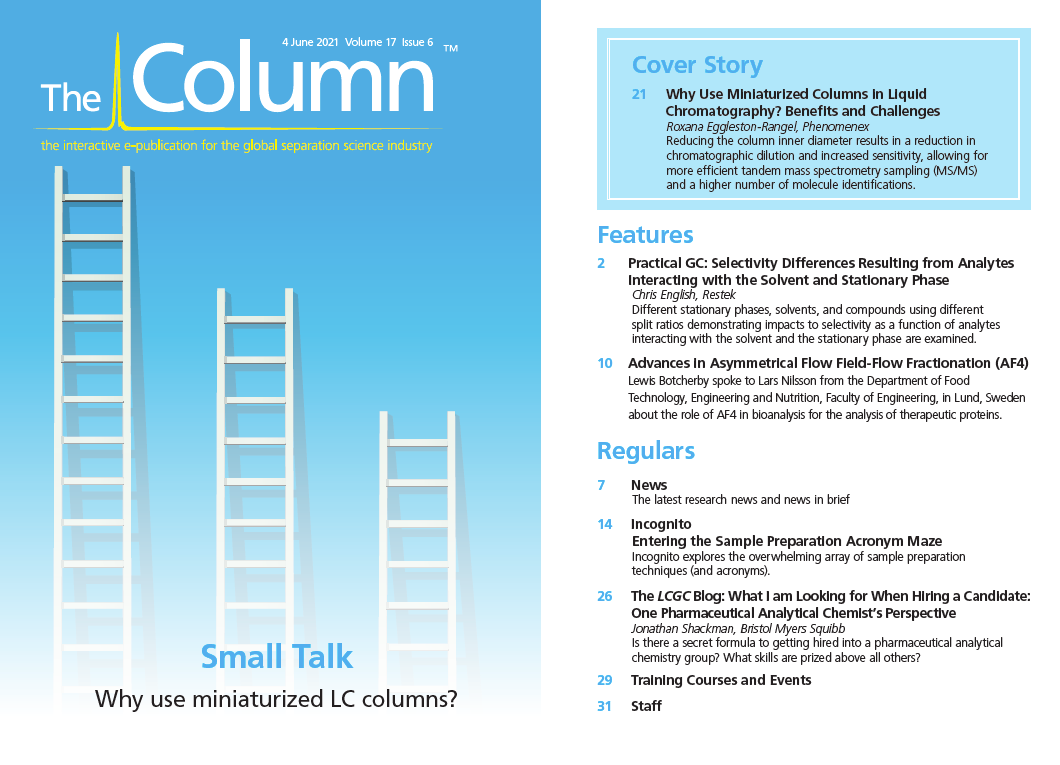Sciex and Waters Announce Collaboration
Sciex has announced an agreement with Waters Corporation.
Sciex (Framingham, Massachusetts, USA) has announced an agreement with Waters Corporation (Milford, Massachusetts, USA) to offer customers fully configured and interoperable Waters ultra-performance liquid chromatography (UPLC) instruments as part of their purchase and deployment of Sciex mass spectrometry (MS) systems. The companies hope this collaboration will make it easier for customers to choose the most suitable tools to address their analytical needs for both large and small molecules.
“We strive to provide the best products and services, and live by the mantra, ‘when customers talk, we listen,’” said Dom Gostick, Vice President and GM LC–MS and CTO, at Sciex. “Through this collaboration, we are broadening the variety of LC instruments available to our growing customer base.”
Instrument control drivers have been developed that have been fully tested to ensure compatibility and compliance, with customers also benefitting from the commitment of both vendors to deliver coordinated service. Sciex will support the full customer relationship, while Waters will provide direct UPLC service and support.
“This agreement provides for a smooth, integrated experience for customers with the coordinated support of Waters’ expertise and service,” said Jon Pratt, Senior Vice President, Waters Division.
For more information, visit www.sciex.com or www.waters.com.

Regulatory Deadlines and Supply Chain Challenges Take Center Stage in Nitrosamine Discussion
April 10th 2025During an LCGC International peer exchange, Aloka Srinivasan, Mayank Bhanti, and Amber Burch discussed the regulatory deadlines and supply chain challenges that come with nitrosamine analysis.











